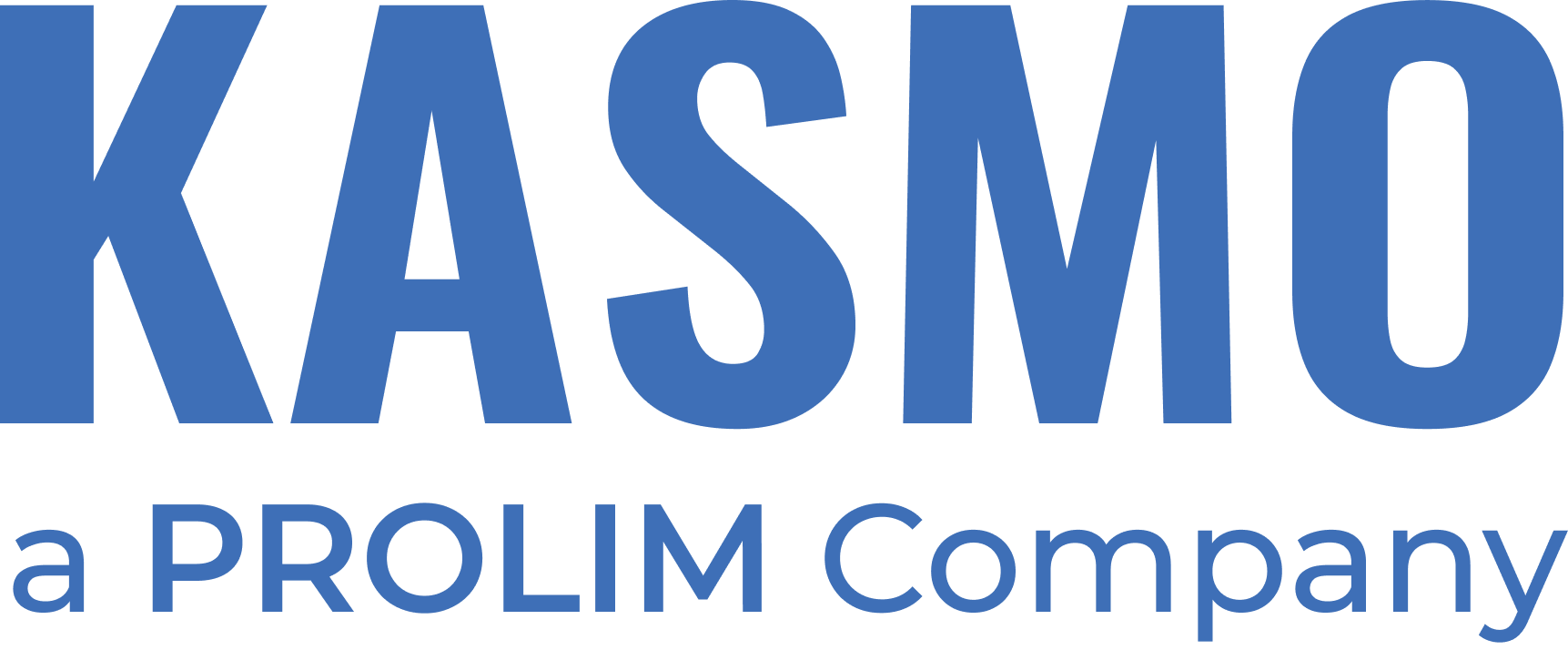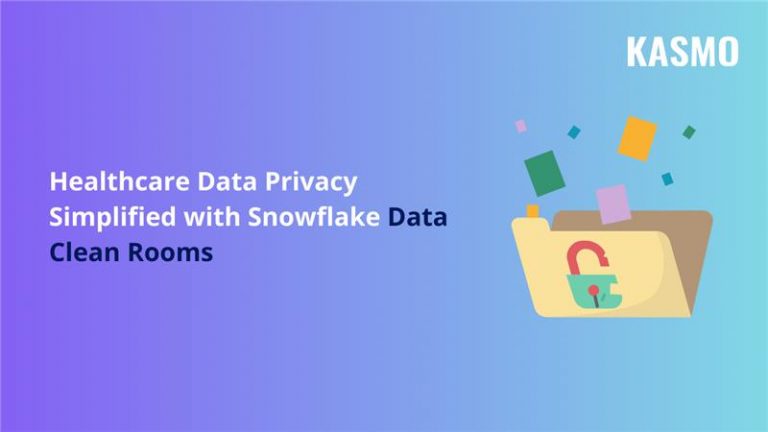In the healthcare industry, patient privacy is the highest priority. With an influx of sensitive health data being generated and growing concerns around security, compliance, and patient trust, organizations face several data privacy challenges. Hence, healthcare businesses need to adopt robust data security methods in order to enhance privacy and avoid cybercrimes.
This is where Snowflake Data Clean Rooms are empowering healthcare businesses. A data clean room includes more than just data sharing. It can be used to gain in-depth data analysis, privacy-preserving data collaboration, provide patient-centered care, accelerate drug discovery, and secure the use of AI. Snowflake empowers healthcare providers, payers, pharmaceuticals, and partners to advance medical outcomes while adhering to data privacy policies and compliance.
What Is Data Privacy in Healthcare?
Data privacy in healthcare involves security policies and regulations to protect and safeguard sensitive patient data, like medical history and personal information, from unauthorized access. A fundamental aim is to keep patient data confidential and foster trust between patients and providers.
In the Survey conducted by McKinsey about the consumers’ trust in data management and privacy, two sectors—healthcare and financial services achieved 44 %, which is the highest score among other industries.
Data privacy is essential in healthcare to gain patient trust, comply with regulations, avoid data breaches, and fraudulent activities. It helps to establish the integrity of patient data to provide secure and personalized care. The use of digital technologies like artificial intelligence and telemedicine generates large volumes of healthcare data, which increases the need for implementing robust privacy measures to safeguard sensitive healthcare information.
The Importance of Data Privacy in Healthcare
Personalized Patient Care
Healthcare data management helps providers to access real-time data and produce accurate clinical documentation. This increases collaboration between departments to deliver better patient care. Access to updated medical history records improves decision-making on treatment plans tailored to individual patients’ medical requirements. It benefits patients with personalized care, accurate diagnosis, and overall enhanced outcomes.
Protects Against Cybersecurity Threats
Healthcare organizations collect huge volumes of patient information, which is prone to cybercrimes. Healthcare data includes sensitive patient information like prescriptions, personal data, financial data, health conditions, and more, making it a prime target for hackers. Using data privacy processes mitigates the risk of cyber threats and protects sensitive data.
Legal and Ethical Standards
Healthcare organizations should adhere to multiple regulations, like HIPAA, the GDPR, ACA, etc., for secure patient data management. Data privacy laws are to ensure that patient rights are enshrined, patient privacy, and data security.
Reduces Administrative Errors
Secure access to patient data with strong privacy protocols helps organizations to decrease administrative errors associated with inaccurate diagnoses, erroneous treatment plans, inadequate policies, and more. With privacy laws, patients raise concerns about inaccurate medical records. Helping healthcare providers reduce errors and enhance data accuracy.
Role of Snowflake Data Clean Rooms in Healthcare
Data clean rooms offer a secure environment for two or more companies, or divisions of a company, to collaborate on sensitive or regulated data while considering enterprise data privacy. Organizations can use data in clean rooms to unlock the value of sensitive data through data pooling and sharing capabilities, by anonymizing, processing, and securely storing personally identifiable information (PII).
Snowflake is a secure, controlled environment where multiple parties can analyze combined datasets without exposing their individual raw datasets to each other. Collaborators can extract hidden insights and aggregated results from the analysis while restricting access to query raw datasets. The data owner has full control over how the data is used and what analysis agreements are available to the other collaborators. Thus, it reduces technical and financial burdens, enabling companies to easily build and use the capabilities of data clean rooms
Advantages of Snowflake Data Clean Rooms

With a secure, reliable, collaborative environment, Snowflake Data Clean Rooms empowers users with the following benefits:
Enriching Patient Health Data
In the healthcare sector, hospitals can make effective use of a data clean room to share regulated patient data with pharmaceuticals, payers, and other providers. They can enrich and analyze the data to find patterns in patient outcomes across clinical trials. Snowflake data cloud utilizes two important privacy-preserving techniques- differential privacy and tokenization. This helps in allowing patient data to be private while also accomplishing data-driven insights.
Secure Collaboration
Snowflake Data Clean Rooms enable a secure collaborative environment for data analysis to create one-of-a-kind insights, while securing the raw data. It is done through data masking, pre-established analysis templates, controlling access, and user-friendly data sharing. This helps to create hidden patient insights from the dataset without exposing the original raw data.
Data Anonymization and Masking
Snowflake Data Clean Rooms enable organizations to perform data anonymization and masking. Data owners can hash certain sensitive patient/ medical data fields before sharing the dataset, without exposing the original field values. This is a robust technique that focuses on privacy preservation inside a data clean room to ensure that queries do not return identifiable data. Enabling healthcare organizations to eliminate data duplication and strengthen data privacy through anonymization.
Interoperability
Snowflake Data Clean Rooms also allow interoperability, allowing organizations to securely collaborate with partners irrespective of their cloud or region. Hospitals and pharmaceutical companies have a secure, privacy-preserving environment to collaborate on sensitive patient data to foster drug research, clinical trials, and improve patient outcomes.
Avoids Duplicate Data Purchases
Businesses can increase patient sample size without paying the price for duplicate data by conducting an overlap analysis before purchasing. Tokenization techniques enable the identification of common patients across the two datasets, which avoids purchasing the same data from two different providers.
Healthcare Organizational Scalability
Healthcare companies using a Snowflake clean room allow secure access for trusted external organizations and cross-regional teams to analyze data at scale. This avoids the need for data replication (or sanitized subsets) and allows for faster insight generation without sacrificing compliance or network borders. Hence, it equips both internal and external employees within an organization for easy and secure data access across geographies and enhances scalability.
Conclusion
Safeguarding patient data privacy while conducting secure data sharing and collaboration is no longer optional; it’s essential for healthcare organizations. Snowflake Data Clean Rooms offer a secure, scalable, and privacy-preserving approach for organizations to make potential use of sensitive healthcare data.
By bridging the gap between data privacy and data-driven innovation, Snowflake enables easy customization, integrating with existing models and AI/ML workloads into the data clean room. Differential privacy and advanced solutions empower providers to maintain confidentiality and foster patient trust. Thus, with increasing healthcare privacy concerns, Snowflake Data Clean Rooms are an effective tool for healthcare organizations to ensure compliance while delivering improved patient outcomes.




